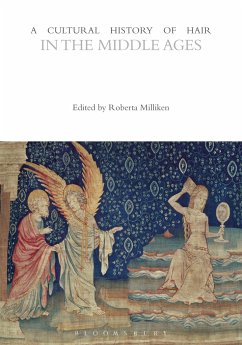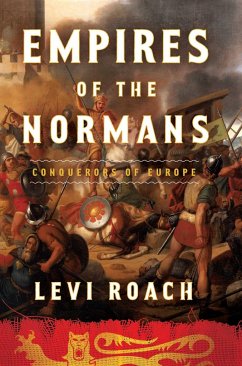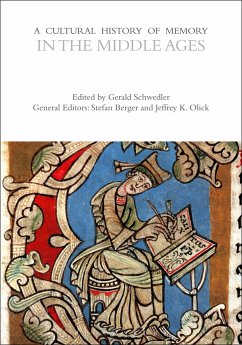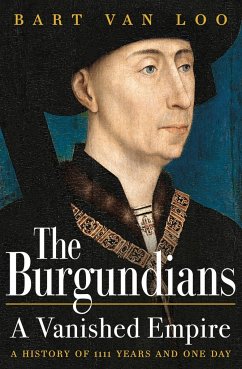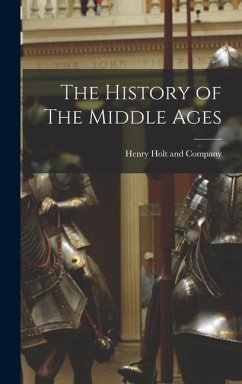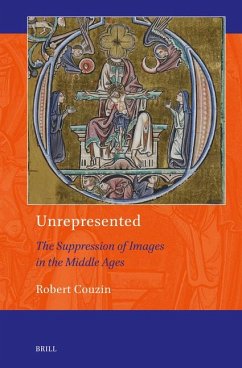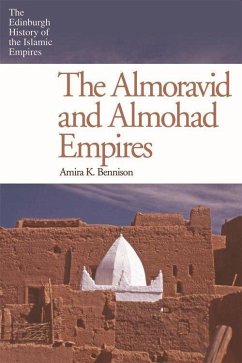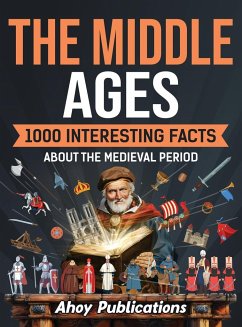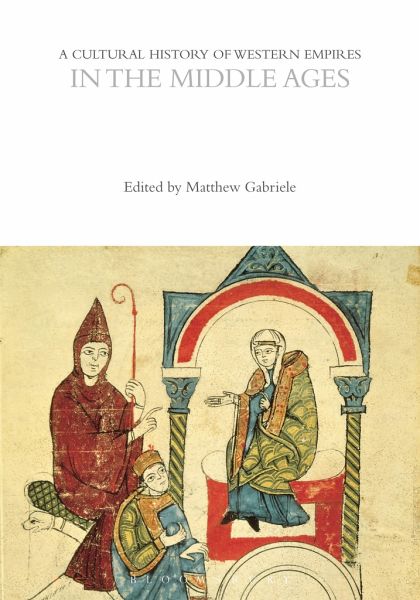
A Cultural History of Western Empires in the Middle Ages
Versandkostenfrei!
Versandfertig in über 4 Wochen
113,99 €
inkl. MwSt.

PAYBACK Punkte
57 °P sammeln!
This volume explores a world that thought deeply about imperial power and emperors but one that perhaps never had an "empire" of its own. These synthetic essays from experts across a wide variety of disciplines mine the intellectual world of this period and begin to demolish the myth of the so-called "Dark Ages," showing how the European Middle Ages were illuminated by vigorous debates that echo today. The story of medieval Western empires is both familiar and foreign. It is a story about politics, culture, religion, society, gender, sex, and economics, and how porous the boundaries between th...
This volume explores a world that thought deeply about imperial power and emperors but one that perhaps never had an "empire" of its own. These synthetic essays from experts across a wide variety of disciplines mine the intellectual world of this period and begin to demolish the myth of the so-called "Dark Ages," showing how the European Middle Ages were illuminated by vigorous debates that echo today. The story of medieval Western empires is both familiar and foreign. It is a story about politics, culture, religion, society, gender, sex, and economics, and how porous the boundaries between those categories can often be. A Cultural History of Western Empires in the Middle Ages offers a detailed and highly-illustrated account of how we got to where we are, as well as the dangers of not fully understanding why those origins matter.



